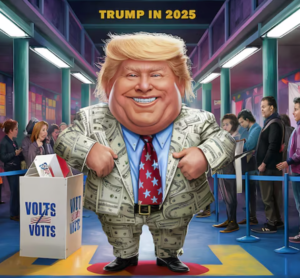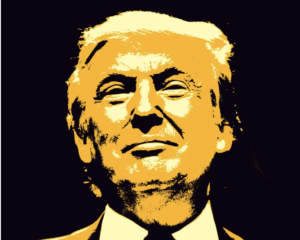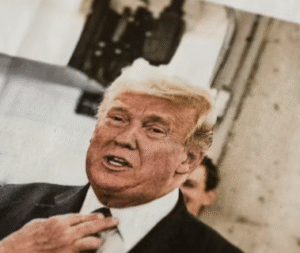#DonaldTrump #NewYorkSupremeCourt #StormyDaniels #hushmoneypayment #falsifyingrecords #legaltrouble #politicalscandal #USpolitics
Former President Donald Trump faces accusations in the New York Supreme Court of falsifying business records. The charges are part of a broader investigation into alleged financial misconduct, weaving through the intricate fabric of Trump’s business dealings and political activities. At the heart of this specific accusation is the claim that Trump and his associates orchestrated a scheme to conceal a hush money payment made to adult film actress Stormy Daniels. Daniels, whose real name is Stephanie Clifford, has previously claimed to have had an affair with Trump, an allegation that Trump has consistently denied.
The case emerges as a critical juncture in the intersection of law, politics, and media spectacle, casting a long shadow over Trump’s post-presidential life and the operations of his business empire. According to legal experts, falsifying business records could signify attempts to disguise the origins and purposes of financial transactions, potentially obscuring a network of connections and intentions. This practice, under New York law, can elevate from a misdemeanor to a felony if proven that the falsification was carried out with the intent to commit or conceal another crime. Given the high-profile nature of the involved parties, the investigation has gripped the public’s attention, stirring debates about accountability, privilege, and the legal challenges that can ensue when personal indiscretions intersect with professional conduct.
The broader implications of these allegations are manifold. For Trump, a conviction could not only tarnish his legacy but also significantly impact his future political ambitions, including a potential run for the presidency in the future. For the political landscape in the United States, the case underscores the increasing scrutiny on the financial dealings and personal conduct of public figures, reflecting a climate where legal challenges are increasingly part of political discourse. Furthermore, the case against Trump could set a precedent for how similar cases are approached and prosecuted in the future, particularly those involving high-profile individuals attempting to navigate the legal ramifications of their private actions.
As the legal proceedings unfold, the court of public opinion will be closely watching, dissecting each development for broader implications on justice, governance, and accountability. This case stands as a reminder of the intricate web of legal, financial, and ethical considerations that often underpin public life, highlighting the complexities of balancing personal privacy with public responsibility. For Trump, who has navigated a myriad of legal and political challenges throughout his career, this latest accusation presents another formidable obstacle, one that could have lasting consequences on his personal and professional reputation.







Comments are closed.